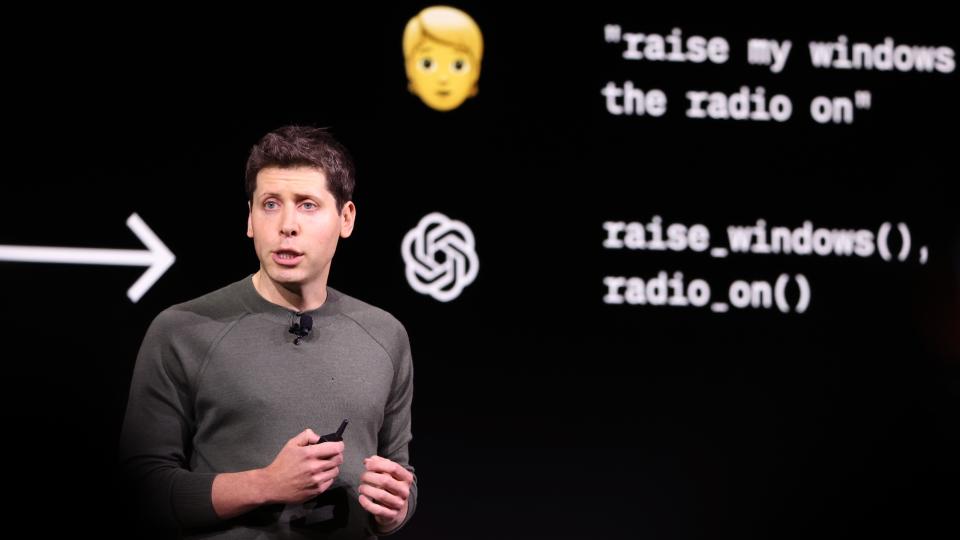OpenAI launches SearchGPT in direct threat to Google — what you need to know
When you buy through links on our articles, Future and its syndication partners may earn a commission.

OpenAI just announced a brand new search engine, SearchGPT, that could be poised to take on Google and AI rival Perplexity. SearchGPT is an AI-powered search engine with real-time access to internet-based information.
Currently a prototype, SearchGPT starts as a large textbox that asks, "What are you looking for?" Unlike Google's Search, OpenAI's engine doesn't just return pages of links. Instead, the tool attempts to organize the information and provide summaries.

In an example that OpenAI provided in their announcement, SearchGPT summarizes a query on music festivals and produces short descriptions of various festivals with an attribution link. A sidebar with other relevant links also populates and can be accessed for more information.
Another example involves planting tomatoes. The search explains when to plant and breaks down different varietals of tomatoes. Follow up queries can be put in the search bar that appears at the bottom of the page.

The new tool is powered by the GPT-4 family of AI models. OpenAI says that the goal is to eventually "integrate the best of these features directly into ChatGPT in the future."
Between Perplexity and OpenAI, Google now has some competition in the search realm. Clearly Google has felt the pressure since the company has been shoving AI into search results in recent months.
It has not gone well. After Google announced AI Overviews in May during their annual I/O event, the summarization tool launched to massive backlash after it provided seemingly dangerous and factually incorrect information. But they have been testing generative AI in Search for a while now.
Despite the poor launch of AI Overviews and Google's continued backpedaling, it hasn't totally gone away. The feature and other AI tools are still percolating in the background, but one wonders if OpenAI's announcement will cause Google to rush forward with new or updated AI search tools. Especially since Google parent company, Alphabet has seen its stock already dip as a result of this announcement, according to a CNBC report.
Meanwhile, a Wired investigation found that Perplexity has been stealing content or making things up with Forbes threatening the AI company with legal action.
OpenAI appears to be aware of the struggles of its competitors and has seemingly taken that into account. The blog post announcement emphasized that SearchGPT is in collaboration with publishers like The Atlantic and News Corp.
"SearchGPT is designed to help users connect with publishers by prominently citing and linking to them in searches," the post claims. "Responses have clear, in-line, named attribution and links so users know where information is coming from and can quickly engage with even more results in a sidebar with source links."

Apparently, publishes like The Wall Street Journal and Associated Press can determine how their work appears in the service. OpenAI claims that SearchGPT is separate from training used on generative AI models like ChatGPT.
These moves, as well as announcing a prototype, seem designed to help OpenAI avoid the controversial missteps that Google and Perplexity have taken.
OpenAI working on a Search Engine isn't news. We've been hearing rumors of a ChatGPT-powered search engine since at least February. It was thought that before Google's I/O event, OpenAI would be dropping a new search engine. That turned out to be the powerful GPT-4o model, not without it's own controversy.
SearchGPT is free for now, and may be free whenever it launches in full to the public, but OpenAI's costs are rising. The Information reported that the company could lose $4 billion just in renting Microsoft servers to power ChatGPT.
It may be partly why we've seen OpenAI enter into more partnerships like those with publishers but also manufacturers like Apple.
SearchGPT is in testing with about 10,000 users but you can sign up for a waitlist if you are curious about trying out OpenAI's version of a search engine.
